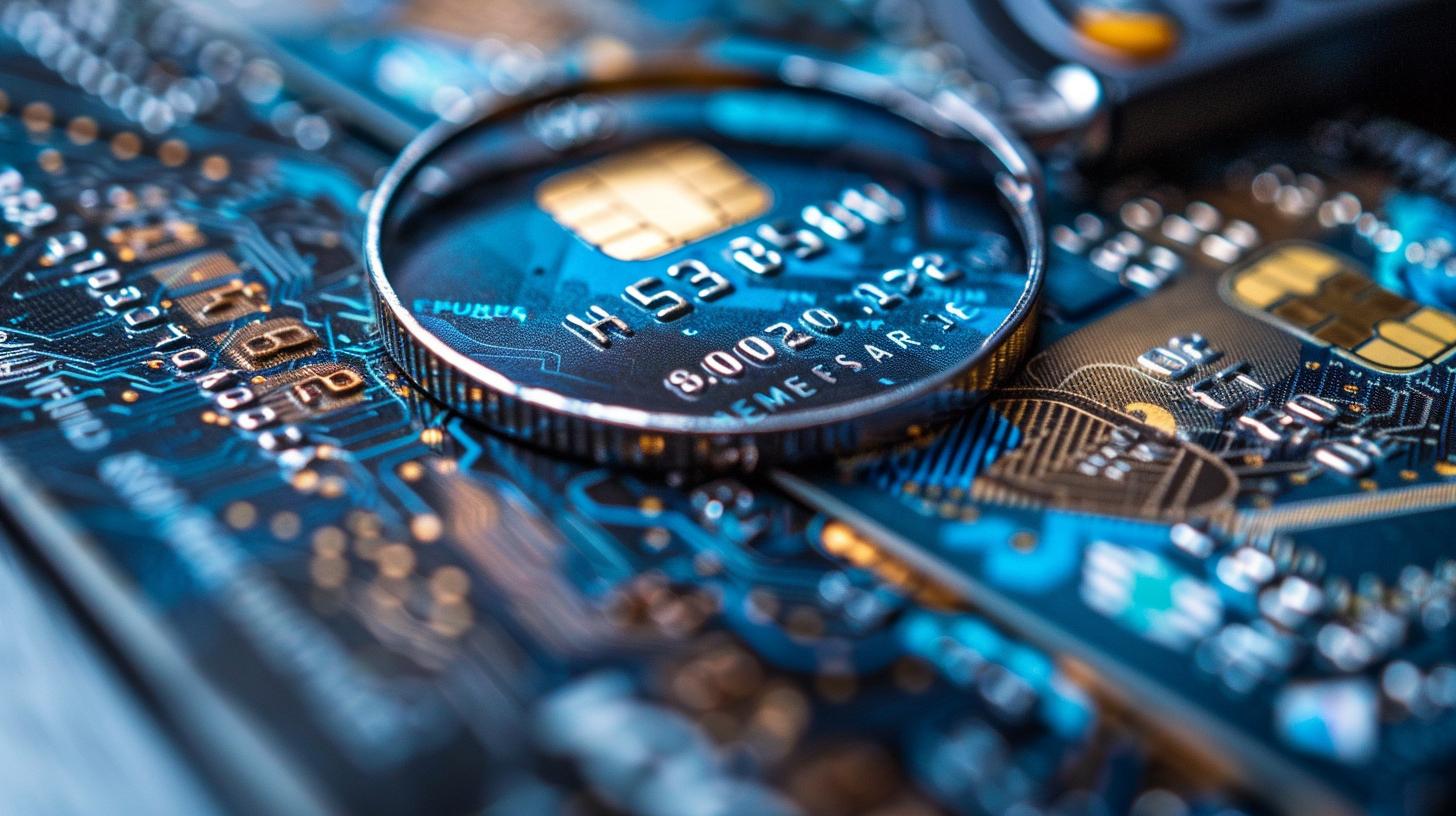Credit card fraud investigation is a crucial process involving issuing banks, payment networks, merchants, and government agencies. When unauthorized transactions are reported, banks collect evidence like geolocation data and timestamps to make decisions.
Understanding this process is essential in protecting against fraud.
Understanding Credit Card Fraud
When it comes to credit card fraud, there are various types that individuals should be aware of. Knowing the different forms of fraud can help people recognize potential threats and take necessary precautions.
-
Types of Credit Card Fraud
-
Identity Theft:
This type of fraud involves someone stealing another person’s personal information to make unauthorized purchases.
-
Card Skimming:
Criminals use devices to capture card information during legitimate transactions, which is then used for fraudulent purposes.
-
Phishing:
Fraudsters send deceptive emails or messages to trick individuals into providing their financial details.
-
Impact of Credit Card Fraud
-
Financial Loss:
Victims of credit card fraud may suffer financial losses due to unauthorized charges and transactions.
-
Credit Score Damage:
Fraudulent activities can negatively impact a person’s credit score, making it difficult to access credit in the future.
-
Emotional Distress:
Dealing with the aftermath of credit card fraud can be stressful and emotionally taxing for victims.
Credit Card Fraud Investigation Process
Credit card fraud investigation involves a series of steps to ensure unauthorized transactions are handled appropriately. Here we delve into the key components of the investigation process:
Reporting Unauthorized Transactions
- Cardholders must promptly report any unauthorized transactions to their issuing bank.
- Banks rely on this information to initiate investigations and take necessary actions.
Role of Issuing Banks
- Issuing banks play a crucial role in investigating and resolving potential fraud cases.
- They gather relevant details from cardholders and merchants to assess the situation.
Involvement of Law Enforcement Agencies
- In severe cases, law enforcement agencies may get involved to investigate and track down fraudsters.
- Collaboration between banks and authorities is essential for effective fraud prevention and resolution.
Evidence Collection
- Banks collect evidence such as transaction timestamps, geolocation data, and IP addresses to analyze the validity of reported fraudulent activities.
- This evidence is crucial in making informed decisions during the investigation process.
Decision Making and Resolution
- Based on the evidence gathered, banks make informed decisions on reimbursements, chargebacks, or other actions to resolve the fraud case.
- Timely resolution is key to minimizing financial losses for all parties involved.
Protecting Against Credit Card Fraud
Protecting against credit card fraud is essential for cardholders and merchants to minimize the risk of financial losses and unauthorized transactions. Implementing fraud prevention measures and understanding their responsibilities can help prevent fraud and ensure a prompt response in case of fraudulent activity.
Fraud Prevention Measures
- Regularly monitor credit card statements for unauthorized transactions
- Enable text alerts for transactions above a set amount
- Use secure payment gateways when making online purchases
- Avoid sharing sensitive card information over unsecured channels
- Keep card details safe and secure to prevent unauthorized access
Responsibility of Cardholders and Merchants
Cardholders are responsible for safeguarding their card information and promptly reporting any suspicious activity to their issuing bank.
Merchants should implement secure payment processing systems and verify the identity of customers to prevent fraudulent transactions.
Reimbursement and Recovery
In the event of credit card fraud, cardholders may be eligible for reimbursement for unauthorized charges, depending on the Fair Credit Billing Act regulations. Promptly reporting fraudulent activity and cooperating with the investigation process can help expedite the recovery of funds and prevent further unauthorized transactions.
Legal Aspects of Credit Card Fraud
Fair Credit Billing Act
The Fair Credit Billing Act protects consumers from unauthorized charges and billing errors on their credit card statements. Under this act, cardholders have the right to dispute charges and request a review of their billing statements.
Chargeback Reason Codes and Regulations
Chargeback reason codes are standardized codes used to categorize the reasons for a disputed transaction. These codes help issuing banks and merchants understand the nature of the chargeback and take appropriate actions.
Fraud Investigations and Legal Procedures
When a fraudulent transaction is identified, legal procedures may be initiated to investigate the matter further. This may involve cooperation between law enforcement agencies, issuing banks, and payment networks to gather evidence and pursue legal actions against fraudsters.
.



















